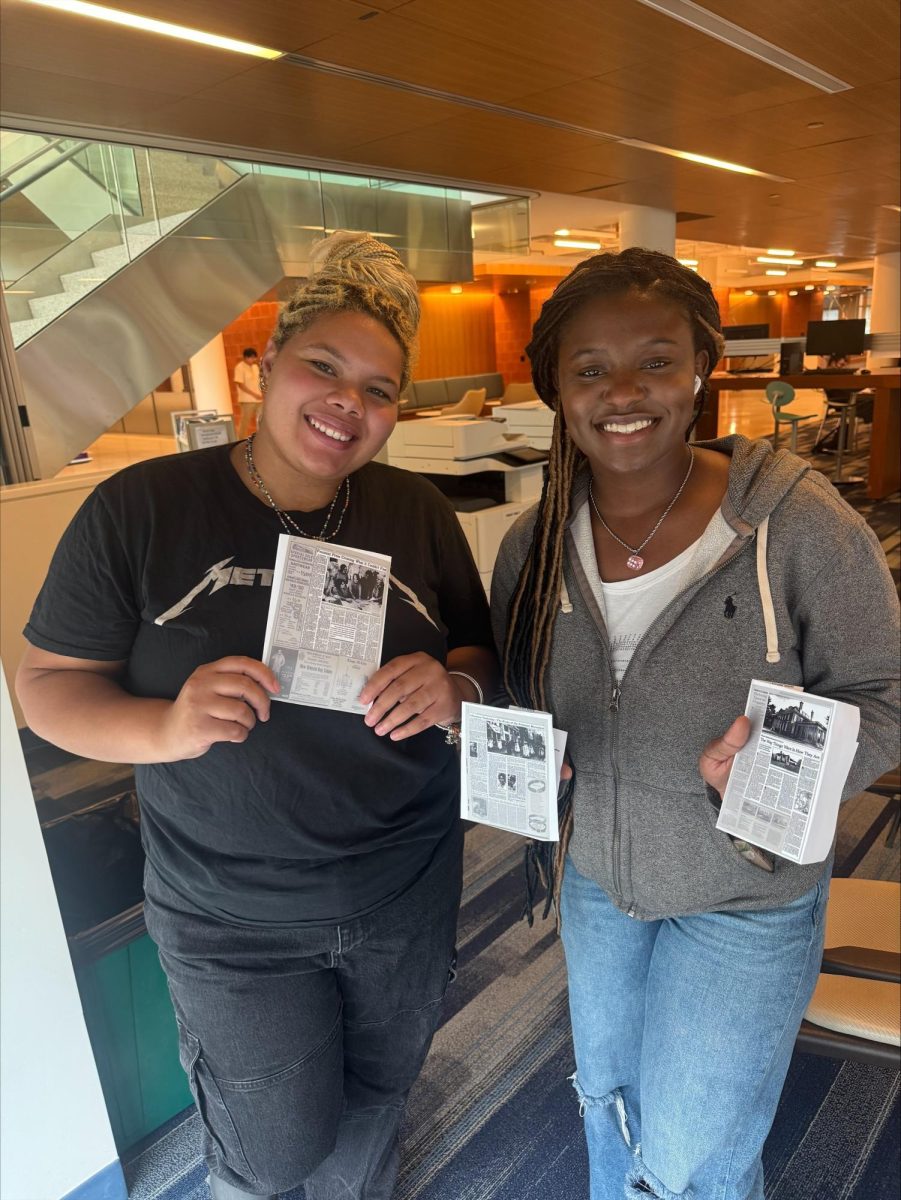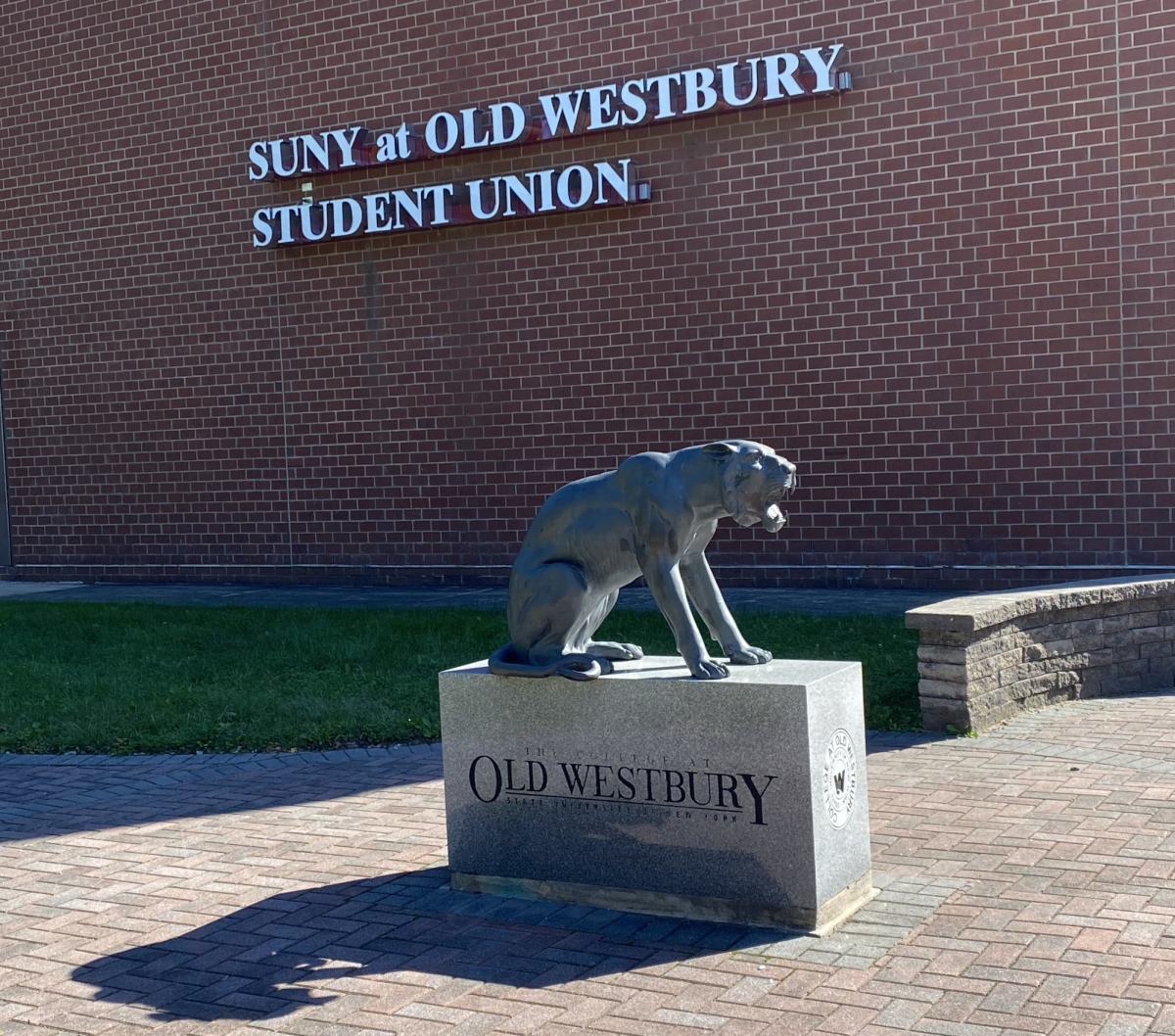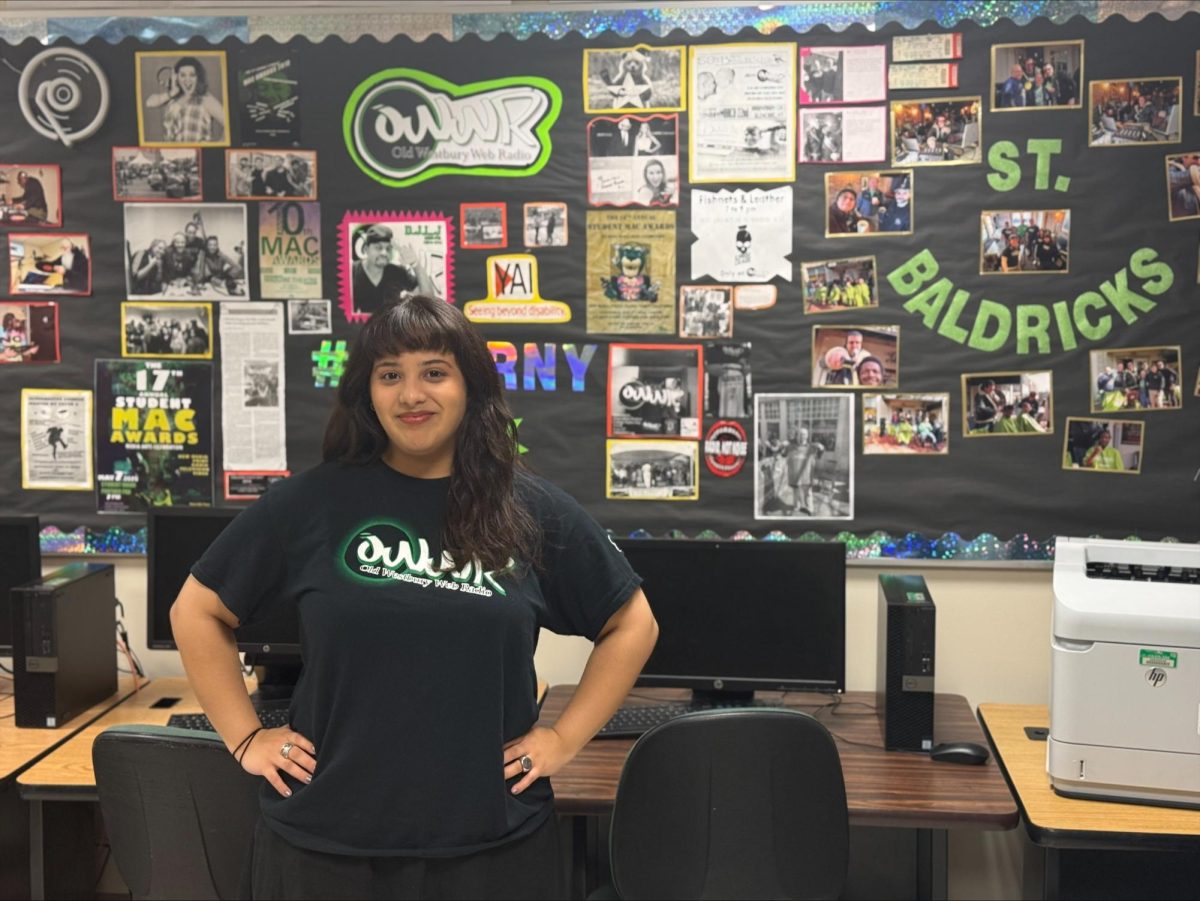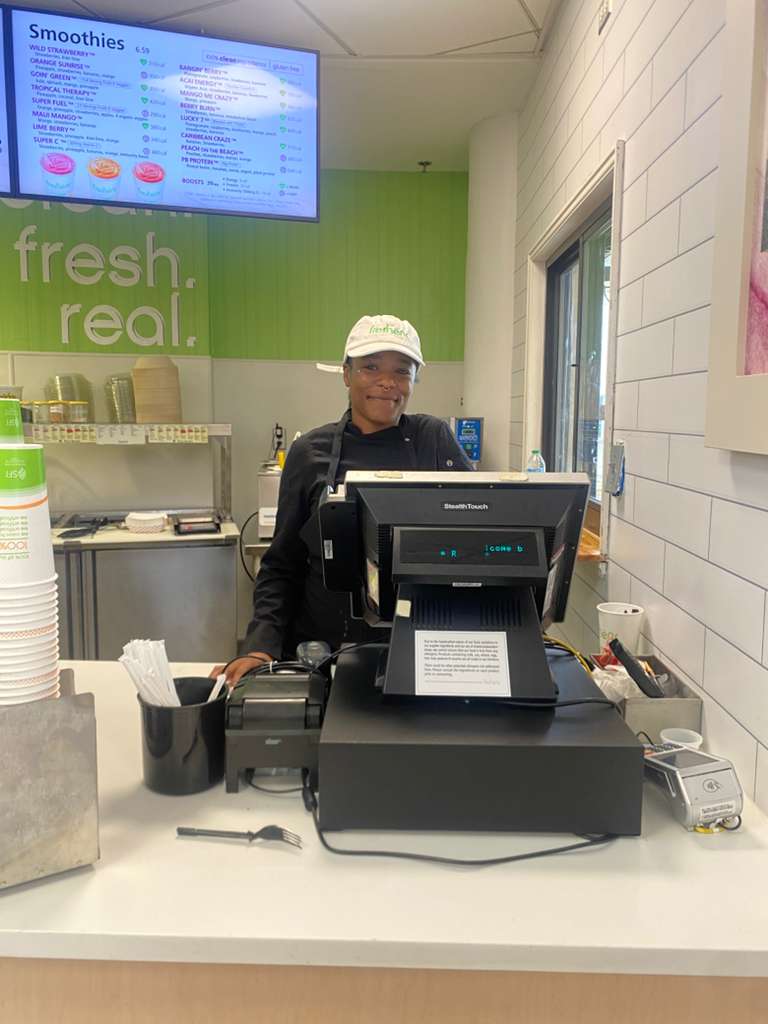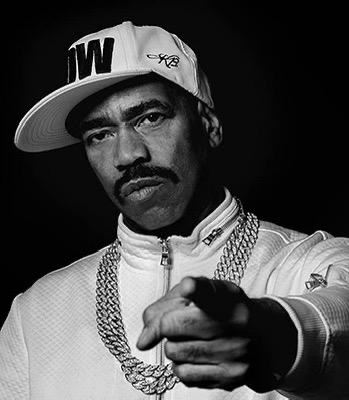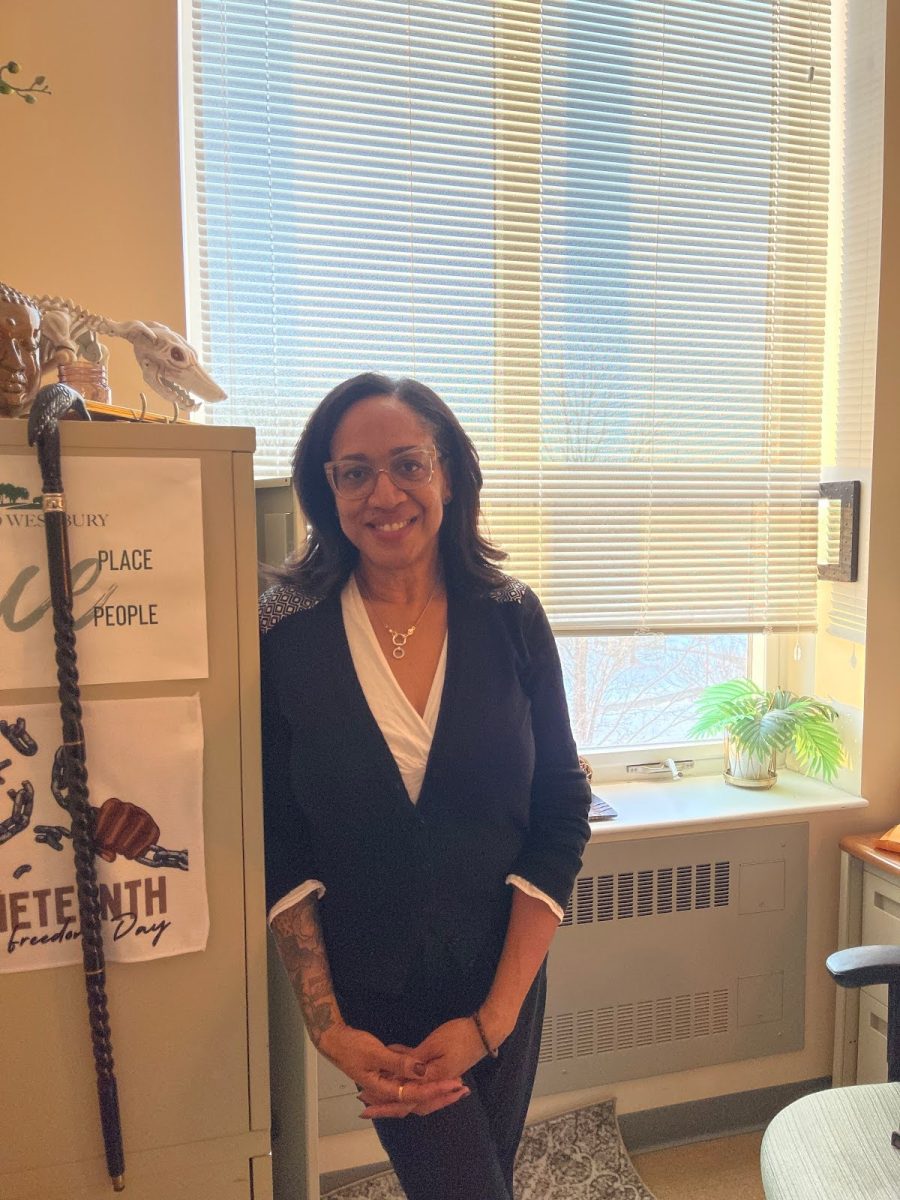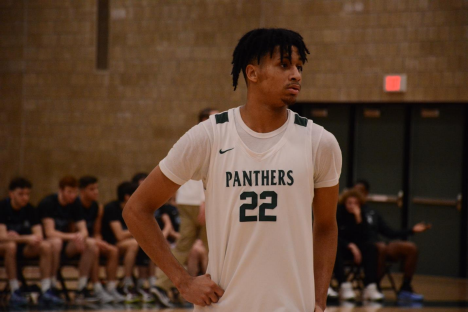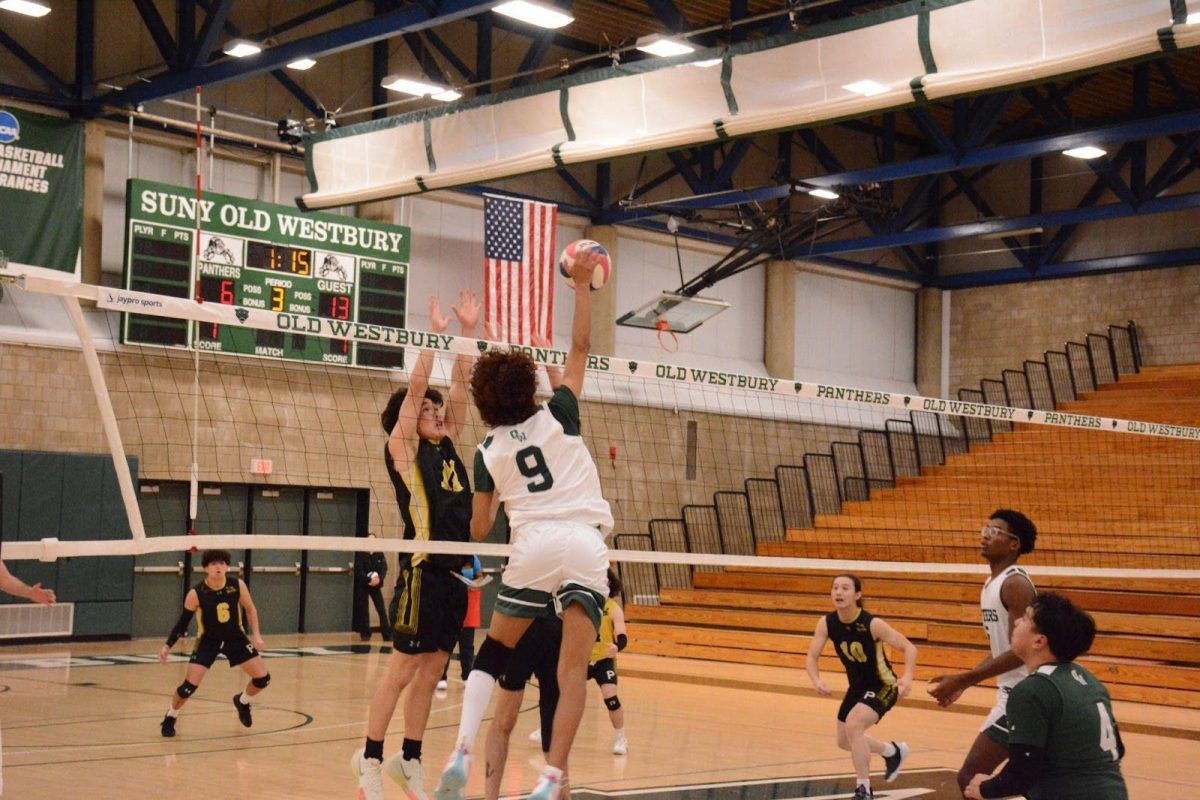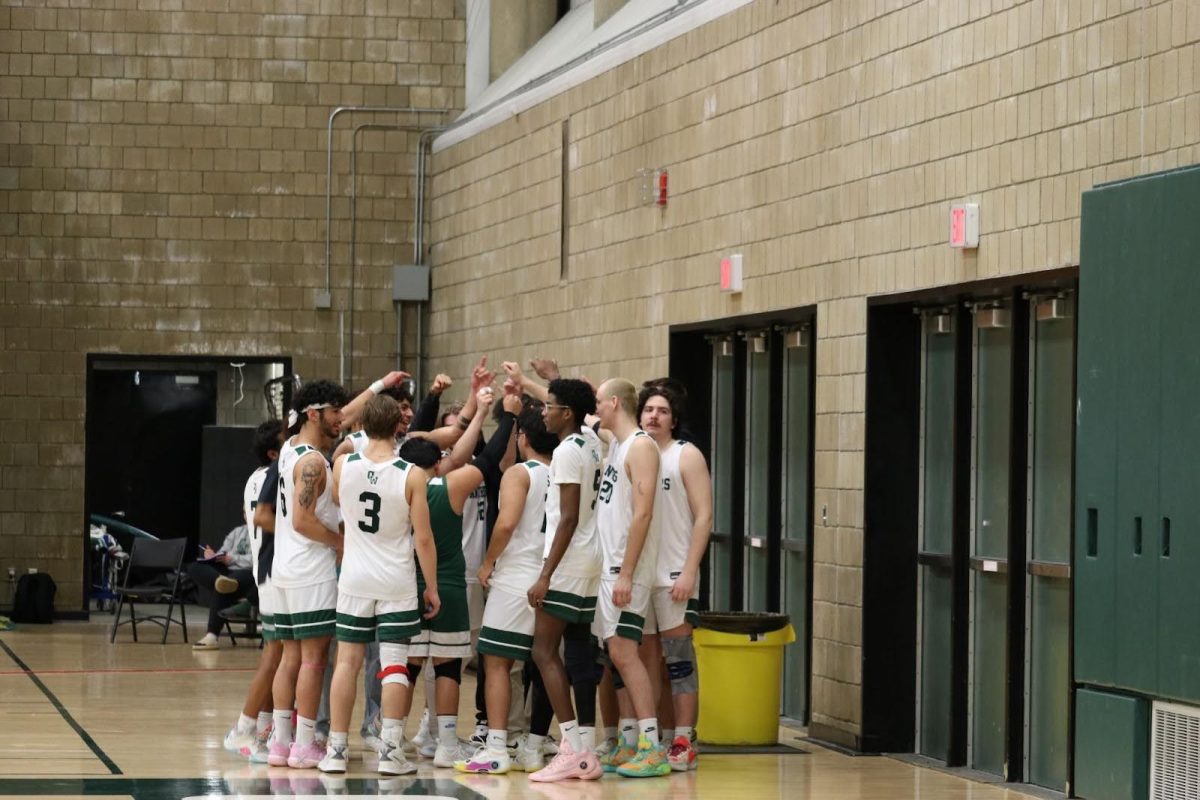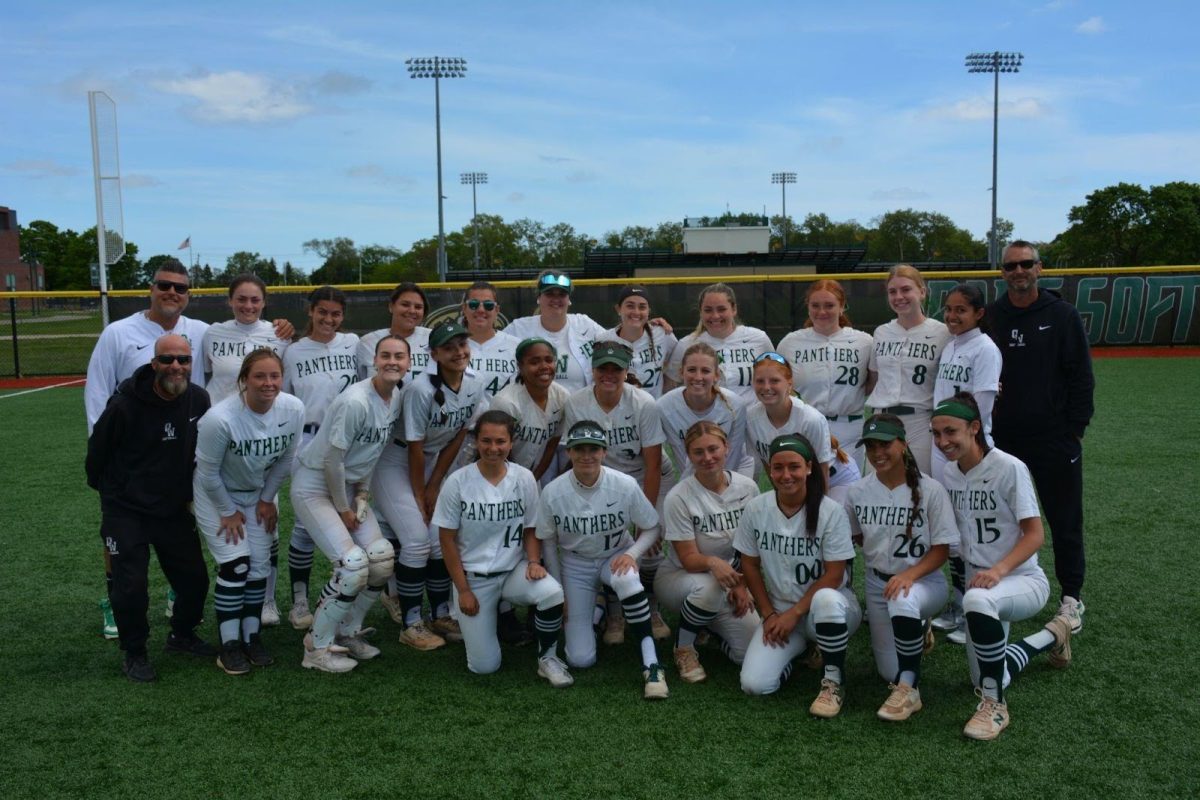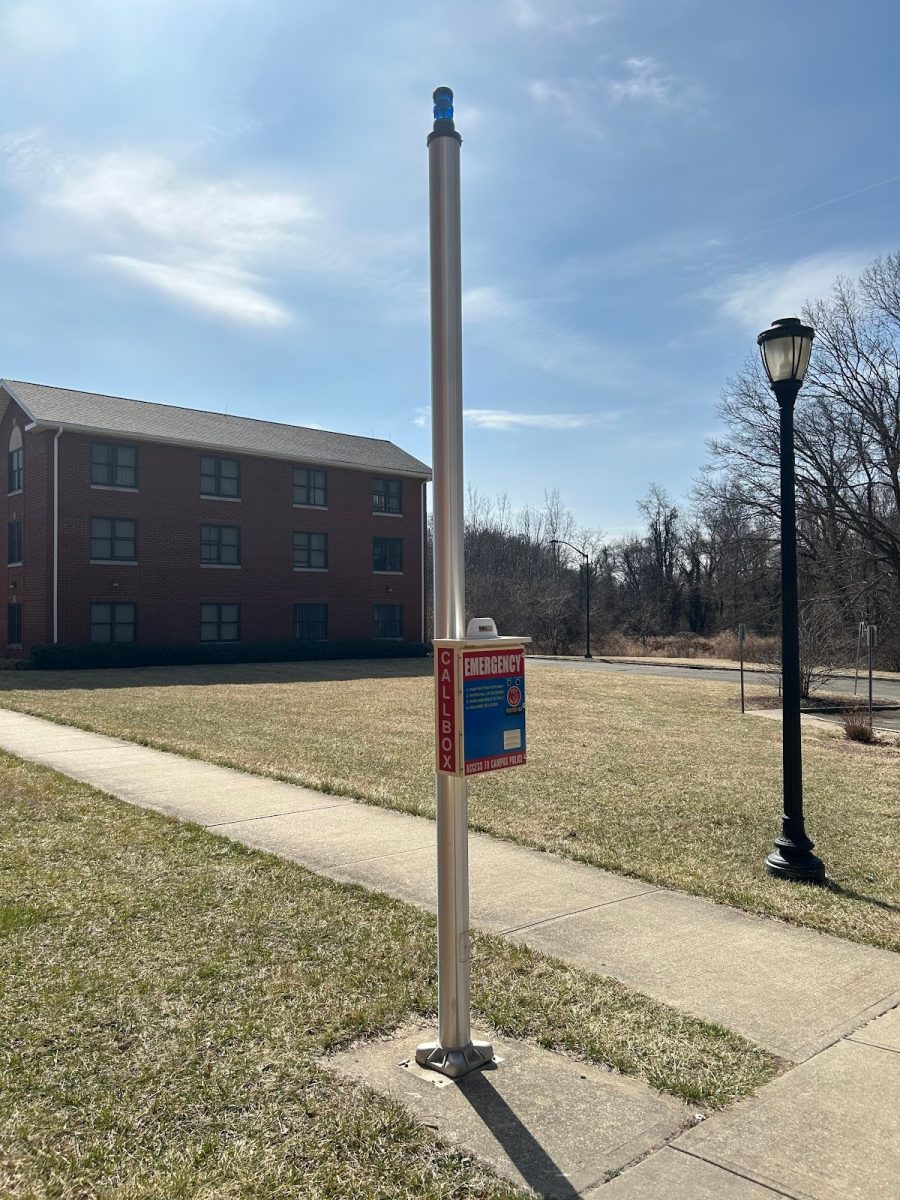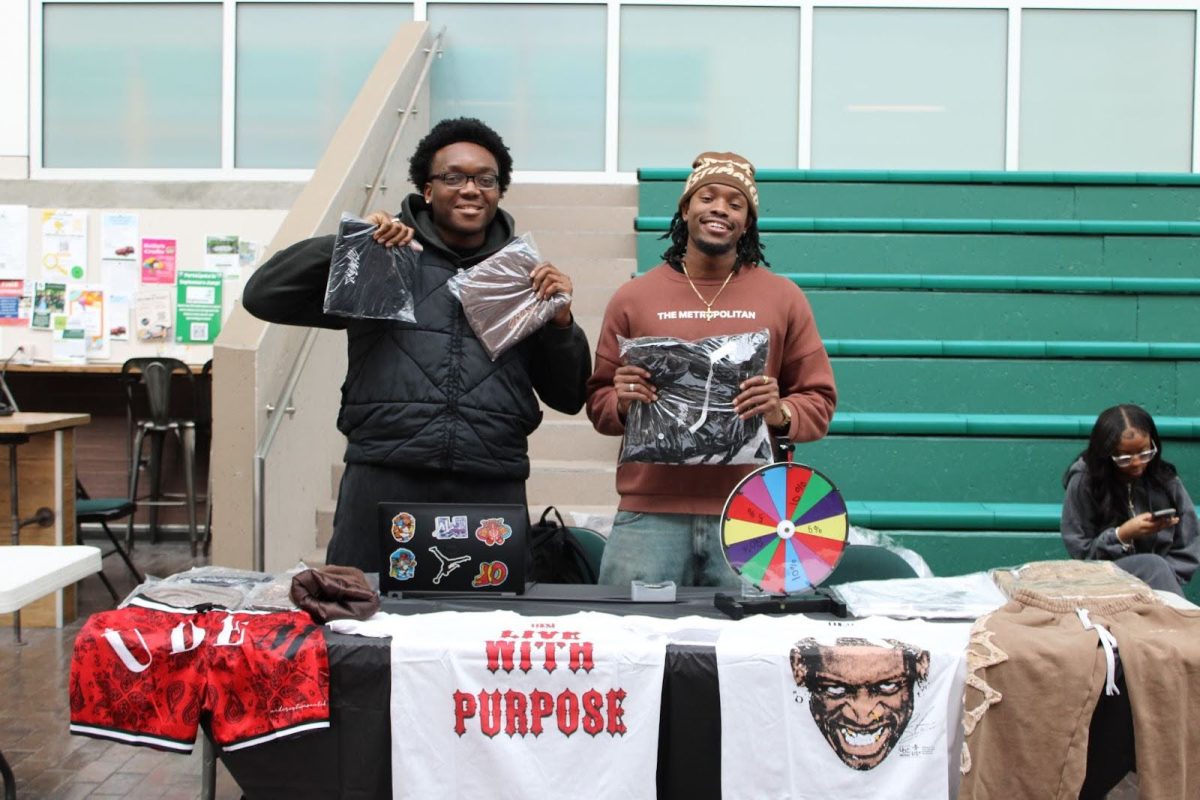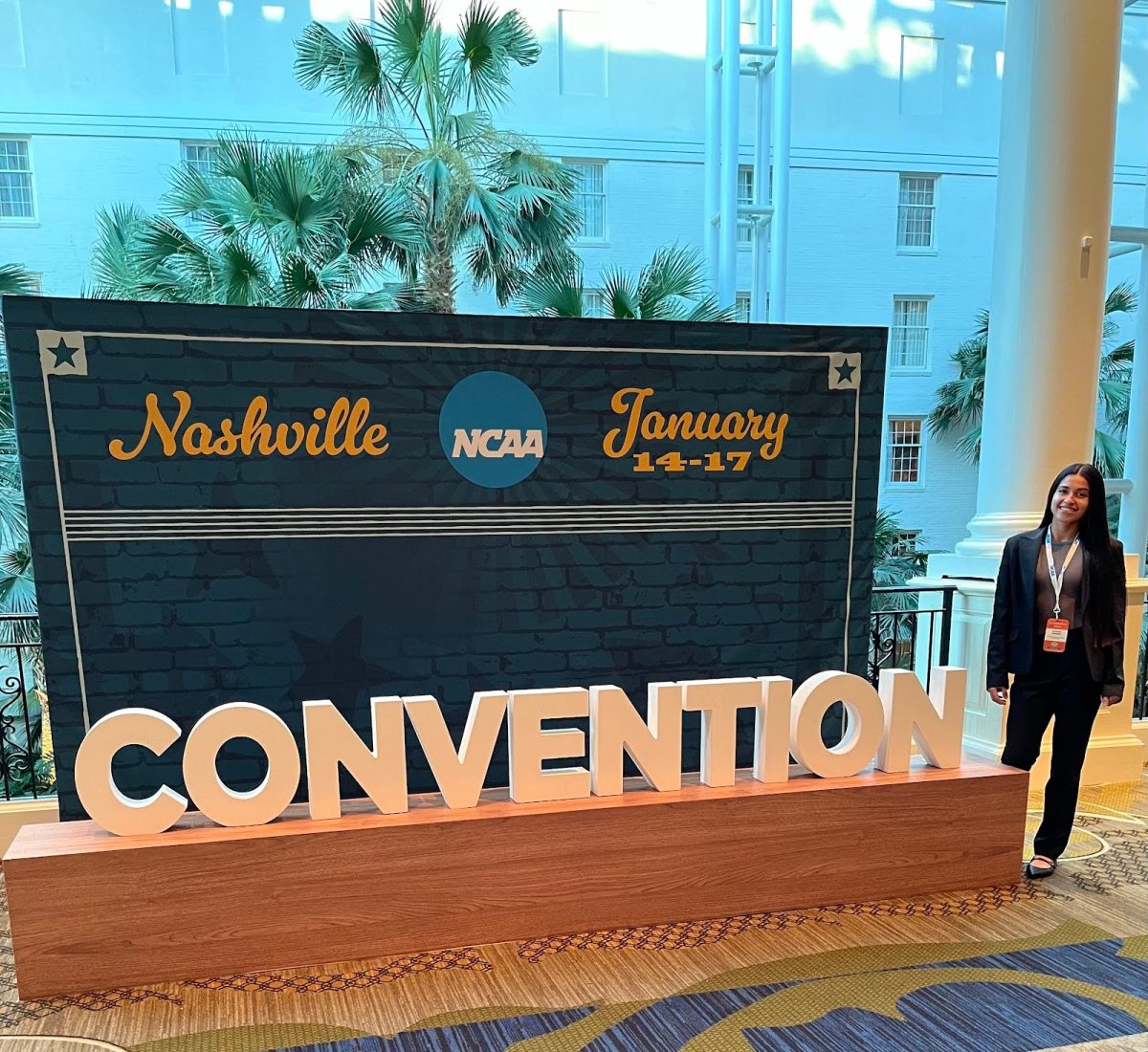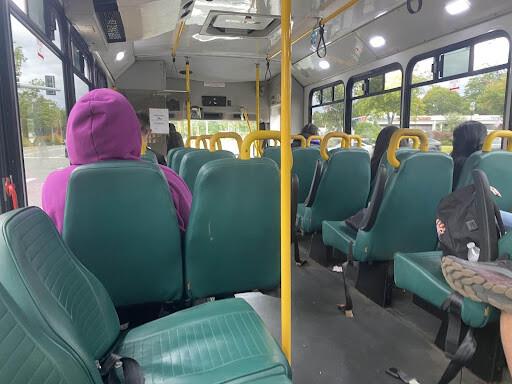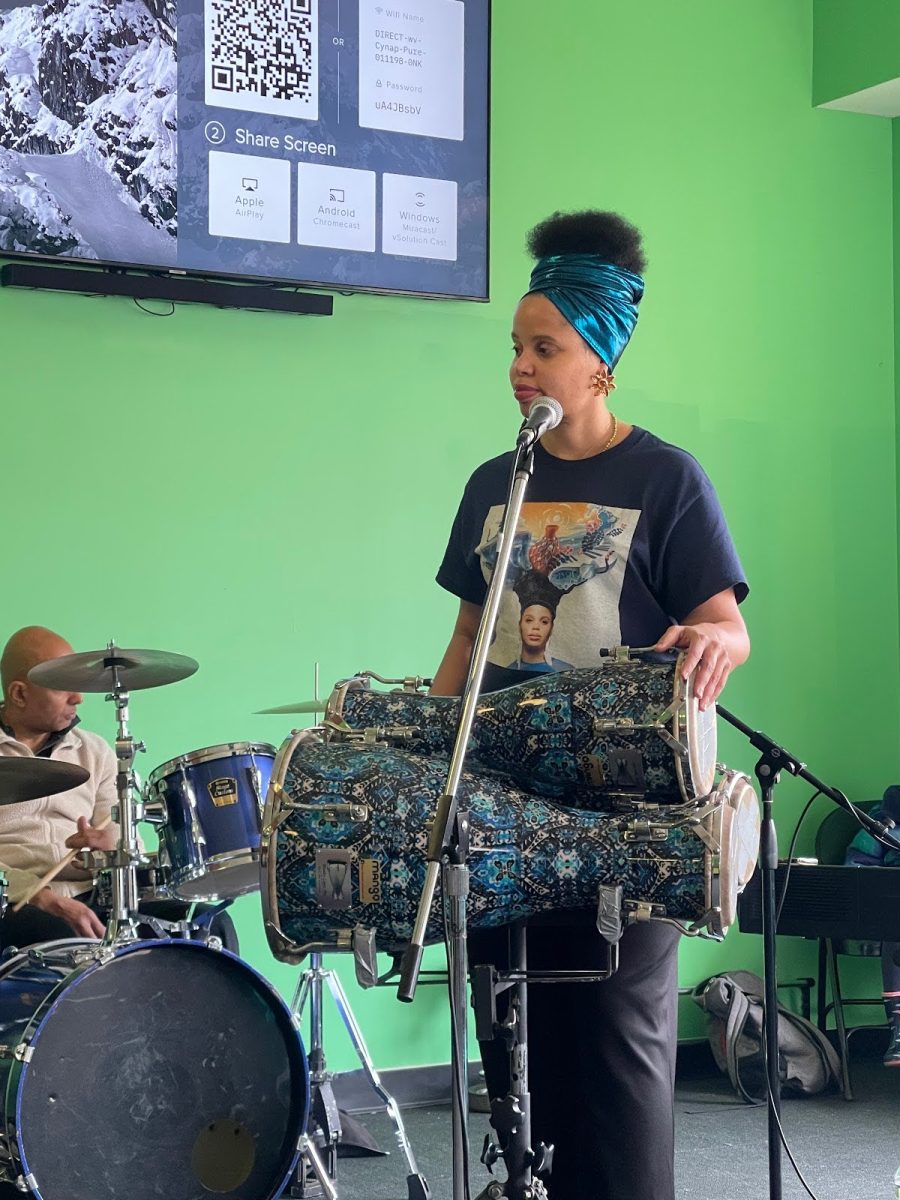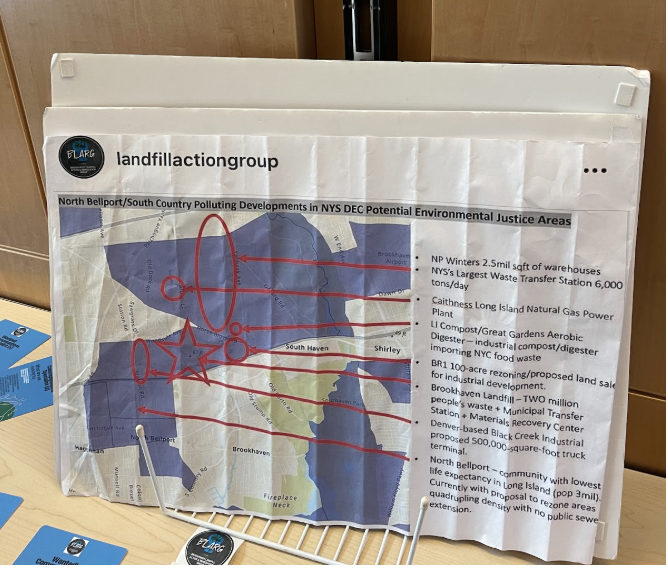
Landfills significantly contribute to climate change, as they generate and release methane gas and carbon dioxide. The American Studies Department, co-sponsored by the Social & Environmental Justice Institute, the Campus Environmental Education, and the Sojourner Truth Black Studies Center, hosted a discussion led by Monique Fitzgerald, a justice seeker, community advocate and organizer.
Her work spans over the course of two decades, with a focus on mutual aid efforts, community resource distribution, and climate & environmental justice. Her lived experience as a Black and Indigenous person of the Setalcott Nation, now known as occupied Long Island, has propelled her to the creation of grassroots environmental organizations such as The Brookhaven Landfill Action and Remediation Group.
Fitzgerald opened up the discussion by making a land acknowledgement to the Matinecock people. She expressed that acknowledging the Native people that originally occupied this land before colonization, puts us on the “right path” towards obtaining environmental justice.
As a member of the Setalcott Nation, she is still in community with the Matinecock people, who help organize her yearly powwow, and reminds everyone that the Indigenous people and practices are still alive and well on Long Island. Throughout her presentation, she refers to environmental justice and racial justice as being “one in the same”. In 2020, Fitzgerald protested, like many others, for the Black Lives Matter movement. In light of this, she began protesting the Brookhaven Landfill with her aunt and neighbors.
“Why is the landfill near our community… a black and brown community?” She questioned. “It is a place where we have the least political capital. It is easier to site a landfill in that area.”
The landfill’s capacity holds an estimated 1.2 million tons of material per year, and has stopped accepting solid waste since 1989. Covanta (now Reworld) which is a 382-foot smokestack in the Town of Hempstead primarily incinerates C&D waste, ash, and debris from large storms. The landfill primarily accepts debris and waste from the smokestack.
She discussed Frank P. Long Intermediate School, what is now known as the “sick school,” located in the shadow of the 270-foot Brookhaven Landfill, where Fitzgerald and her son both attended.
“I remember all the reports of folks having asthma and not really being able to go outside and play,” she stated. Reports have stated that over 35 staff members of the school have gotten cancer since 1998, and 14 of them have passed away. Children and adults alike have fallen ill due to the environmental toxins surrounding the area, and have been petitioning for the closure of the school.
Residents in nearby communities, including Bellport, Medford, and Patchogue, reported an increase in respiratory problems, headaches, and nausea, which they attributed to the landfill’s emissions, as well as pollutants in the air and groundwater. Her community was told that the landfill would eventually become a park for skating or recreation in 1978, the year Fitzgerald was born. This has yet to come into effect.
She references individuals that hold the most power in closing the landfill. Will Flower, the Senior Vice President of Corporate and Public Affairs for Winters Bros. Waste Systems, Dan Panico, who currently serves as Supervisor for the Town of Brookhaven, and Sean Mahar, the Interim Commissioner for the Department of Environmental Conservation.
She says that on behalf of her team, they’ve done “as much as we could do to reach out to corporations, to municipalities, and to regulatory agencies.” In addition, Fitzgerald has also been in touch with Governor Kathy Hochul and Attorney General Leticia James. She says that governor Hochul has aided in an investigation of Covanta, where they uncovered hundreds of violations with the help of whistleblower Patrick Fahey.
Though the pursuit to close the landfill has been difficult, Fitzgerald has cited the policies that have given her support.
“In 2019 we had the climate leadership and protection community Protection Act. Then we have, in 2021, the Green Amendment that was to amend the New York State Constitution to ensure that we have clean air, clean water. And then in 2023 we see the cumulative impacts law passed.” She says that in addition to these laws, the press has aided in shedding light on the issue, with a number of newspaper ads and articles.
Although the landfill still operates, there are plans to close the landfill before the end of 2024. However, this feat is raising a number of challenges. Fitzgerald noted that the Brookhaven Council is attempting to get another permit for the facility before it is reviewed under Cumulative Impacts Law. She is trying to get this permit denied with the Department of Environmental Conservation, with assistance from Earthjustice, an environmental justice legal firm.
There are also concerns surrounding increased costs of waste transportation and removal, as well as finding new disposal capacity. This could pose new issues regarding carbon emissions and land protection. Local municipalities, accustomed to relatively low garbage collection costs, may face budget strains, with limited room to raise taxes due to New York’s 2% property tax cap.
In a quote from Waste Dive, spokesperson Nicolle Robles said via email, “We have not finalized any plans for ash after the closure of the Brookhaven landfill. We are currently exploring all the options that present sustainable opportunities for Long Island including the potential of ash reuse.” Suffolk County Supervisor Ed Romaine has also called for greater state involvement, urging innovation and collaboration among local, state, and private entities.
The work that Fitzgerald has done to spread awareness, challenge the system, and make lasting change on Long Island, does not go unnoticed. Her strides toward environmental justice for the marginalized communities affected by decades of pollution are commendable, as she has been an advocate for not only herself but for others.
“You have a duty to win” she began, “it would be unacceptable to continue to live in a society that doesn’t protect all of its people. No matter how long that takes for us to achieve it, we have to do what we have to do.”


